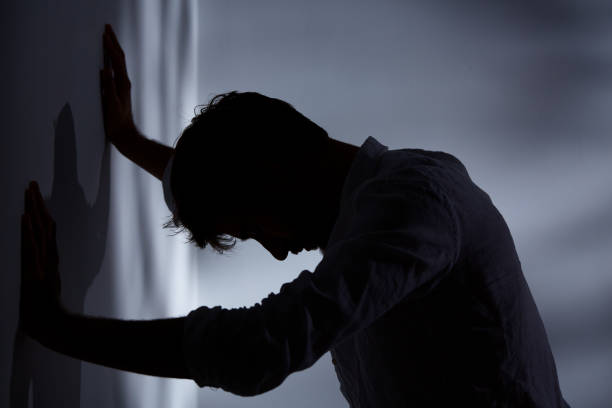Social Anxiety Disorder, also known as Social Phobia, is a type of anxiety disorder characterized by intense fear and discomfort in social situations. It is estimated that approximately 7% of the population experiences this disorder at some point in their lives. The symptoms of social anxiety disorder can range from mild to severe and can significantly impact daily functioning and overall quality of life.
Symptoms of Social Anxiety Disorder
Intense fear of judgment or embarrassment in social situations
Physical symptoms such as sweating, shaking, and blushing in social situations
Avoidance of social situations or activities
Extreme self-consciousness in front of others
Fear of negative evaluation by others
Feelings of nervousness or worry before social events
Trouble making and maintaining relationships due to fear of judgment
Difficulty speaking or performing in front of others
There are a number of effective treatments for social anxiety disorder. Some of the most commonly used include:
Cognitive Behavioral Therapy (CBT): CBT is a form of psychotherapy that focuses on changing negative thought patterns and behaviors. It helps individuals with social anxiety disorder to identify and challenge their irrational beliefs and fears about social situations, and to develop more adaptive coping strategies.
Exposure Therapy: This type of therapy involves gradually exposing the individual to their feared social situations in a controlled and safe environment. This allows them to confront and overcome their fears and anxieties over time.
Medication: Antidepressants, such as selective serotonin reuptake inhibitors (SSRIs), can help to reduce symptoms of social anxiety disorder. These medications work by increasing levels of serotonin, a neurotransmitter involved in regulating mood, in the brain.
Group Therapy: Group therapy provides a supportive and encouraging environment where individuals with social anxiety disorder can work together to overcome their fears and anxieties. Group therapy can help to reduce feelings of isolation and provide a sense of community.
Lifestyle Changes: Making certain changes to one’s lifestyle, such as practicing relaxation techniques, engaging in physical exercise, and improving sleep hygiene, can also help to reduce symptoms of social anxiety disorder.
It is important to seek help if you are experiencing symptoms of social anxiety disorder. With the right treatment and support, it is possible to manage and overcome this condition, and to improve your overall quality of life.
In conclusion, social anxiety disorder is a common and debilitating condition that affects millions of people. While it can be challenging to overcome, the good news is that there are a variety of effective treatments available. Whether it be cognitive behavioral therapy, exposure therapy, medication, group therapy, or lifestyle changes, it is possible to manage and overcome social anxiety disorder and live a fulfilling life.

 Home
Home Health
Health Diet & Nutrition
Diet & Nutrition Living Well
Living Well More
More












